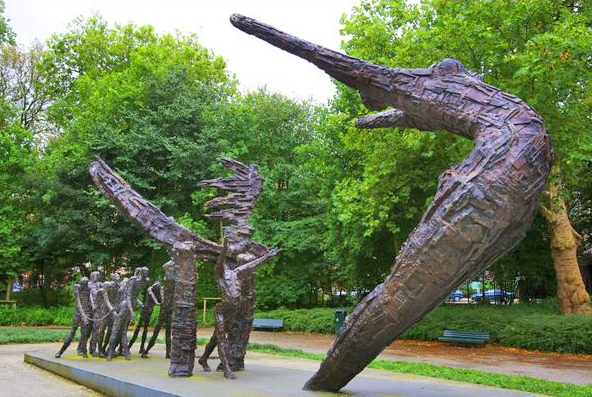As we commemorate 150 years since the Abolition of Slavery in the Dutch Kingdom, which is now celebrated as Emancipation Day, it is important that we as Sabans reflect on and remember, the horrible chapter in history, that at one time played out on our shores.
The history of slavery on Saba remains unclear to us today, because of a lack intensive research. But what we do know is that even though the difficult terrain of Saba made it impossible to support large scale plantations and estates like those that existed on other islands in the region, there is evidence that points to small scale estates and plantations, where slaves were kept and forced to labor under harsh conditions. The size of the plantations and small scale of labor force should in no way diminish the fact that this ugly institution was at one time common place and legal on our beautiful island.

Slavery dehumanized a race of people and reduced them to nothing more than property that could be bought, sold and traded at the whims of another. These persons reaped the ill-gotten gains from this once government sanctioned establishment. Let us not forget that generations of persons were torn from their homeland and families to never see either again. Today the descendants of those persons have little knowledge of the shores, where their ancestors once walked.
As we commemorate, what would have been a joyful day for many on the first Emancipation Day, 150 years ago, we should also remember that emancipation was a promise, a promise that everyone has basic human rights and no one has a right to deprive anyone of that.
While slavery on Saba has not fully been documented and researched, we cannot simply allow ourselves to remain ignorant of such an important part in the history of our island. The Executive Council of Saba is committed to all research, past and ongoing, that uncovers the rich history of our island and will support initiatives that give us as Sabans, the opportunity to gain more insight into this period.
GIS Saba, July 2, 2013
 Archive of posts from Saba-News.com Archive Saba News
Archive of posts from Saba-News.com Archive Saba News